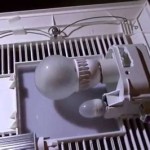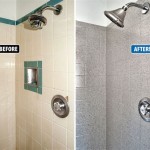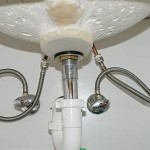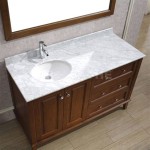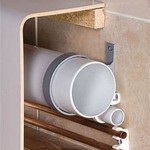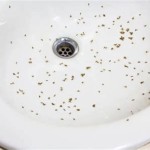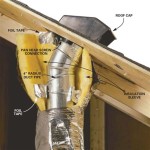Essential Aspects of Fitting a Bathroom Ceiling Extractor Fan Motor
Fitting a bathroom ceiling extractor fan motor is a crucial aspect of ensuring proper ventilation and preventing moisture buildup in the bathroom. It involves understanding the essential components, selecting the right motor, and following proper installation techniques. This article will focus on the essential aspects of fitting a bathroom ceiling extractor fan motor, providing comprehensive information to ensure effective and safe installation.
1. Components of a Bathroom Ceiling Extractor Fan Motor
To effectively fit the motor, it is essential to understand its components. A bathroom ceiling extractor fan motor typically comprises:
- Motor housing
- Impeller
- Bearings
- Capacitor (in some models)
- Electrical connections
2. Selecting the Right Extraction Fan Motor
Choosing the appropriate extraction fan motor is vital for optimal performance. Considerations include:
- Bathroom size: Determine the cubic footage of the bathroom and select a motor with sufficient air extraction capacity (measured in cubic feet per minute or CFM).
- Noise level: Consider the desired noise level and select a motor with a decibel rating that meets your preferences.
- Energy efficiency: Look for motors with Energy Star certification to ensure energy savings.
- Compatibility: Ensure the selected motor is compatible with the size and specifications of your ceiling extractor fan housing.
3. Wiring and Electrical Connections
Proper wiring is essential for safe and efficient operation:
- Disconnect power: Turn off the circuit breaker or fuse for the bathroom before starting any electrical work.
- Follow wiring diagram: Refer to the manufacturer's wiring diagram to ensure correct wiring connections.
- Use appropriate wire gauge: Use wire with the appropriate gauge (thickness) for the current draw of the motor.
- Secure connections: Tighten all electrical connections securely.
4. Mounting the Motor
Once the wiring is complete, the motor can be mounted to the ceiling extractor fan housing:
- Position the motor: Place the motor in the designated mounting bracket within the housing.
- Secure the motor: Tighten the mounting screws or bolts according to the manufacturer's instructions.
- Align the impeller: Check that the impeller is properly aligned with the fan housing to ensure smooth airflow.
5. Testing and Operation
After installation, test the motor's operation:
- Power on: Turn on the circuit breaker or fuse and switch on the fan.
- Check airflow: Verify that air is being extracted from the bathroom through the fan.
- Adjust speed (if applicable): If the fan has adjustable speed settings, adjust it to the desired extraction rate.
Conclusion
Fitting a bathroom ceiling extractor fan motor requires careful consideration and proper execution of essential aspects. Understanding the components, selecting the right motor, following wiring and electrical connection procedures, mounting the motor correctly, and testing its operation ensures effective and safe ventilation. By adhering to these guidelines, you can ensure your bathroom remains well-ventilated, reducing moisture buildup and contributing to a healthier indoor environment.

How To Replace A Bathroom Fan Motor Quick Diy Approach

Upgrade Bathroom Fan Reduce Shower Moisture

How To Install Clean A Bathroom Fan

How To Replace Bathroom Exhaust Fan Motor

How To Replace A Bathroom Fan Motor Quick Diy Approach

How To Replace And Install Broken Bathroom Exhaust Fan Motor Easy Diy Fix Noisy Rattling

Bathroom Fan Motor Repair And Replace

What Parts Do I Need To Install An Inline Fan In My Bathroom

How To Install A Bathroom Fan Replacement The Home Depot

Exhaust Fan Connection Installation Wire With Capacitor Bathroom
Related Posts
